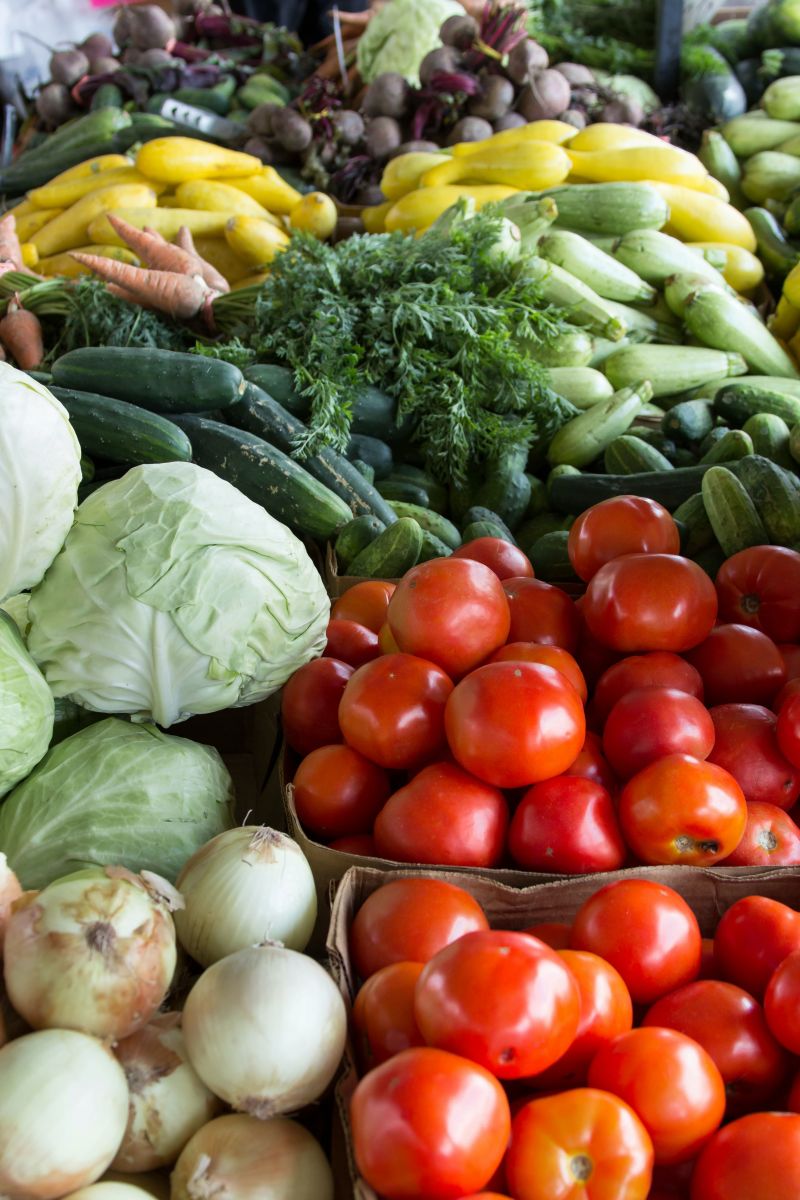10 Tips for Starting a Vegetable Garden
Starting a vegetable garden can be a rewarding and fulfilling experience. Not only will you have fresh produce at your fingertips, but you'll also be able to enjoy the satisfaction of growing your own food. However, if you're new to gardening, it can be overwhelming to know where to start. In this article, we'll provide you with 10 tips for starting a vegetable garden that will help you achieve success.

Location, location, location
When it comes to starting a vegetable garden, the first thing you need to consider is location. You want to choose a spot that gets plenty of sunlight throughout the day, as most vegetables need at least 6 hours of direct sunlight. It's also important to choose a location that is easily accessible and close to a water source.
Soil Preparation
The quality of your soil is crucial to the success of your vegetable garden. Before planting, make sure to test your soil pH levels and adjust them if necessary. You'll also want to add organic matter to your soil, such as compost or aged manure, to improve soil fertility.
Plan your Garden
Before you start planting, it's important to have a plan. Decide which vegetables you want to grow and how much space they'll need. It's also a good idea to consider companion planting, which is the practice of planting certain vegetables together that benefit each other.
Start with Seedlings
While it's possible to start your garden from seeds, it can be more challenging for beginners. Starting with seedlings is a good way to ensure success, as they are already established and ready to be transplanted into your garden.
Watering
Proper watering is essential to the success of your vegetable garden. Most vegetables need at least an inch of water per week, but this can vary depending on the type of vegetable and weather conditions. It's important to water deeply and consistently, rather than shallowly and frequently.
Fertilizing
In addition to organic matter, fertilizing your vegetable garden can help ensure healthy growth and a bountiful harvest. There are many options for fertilizers, including organic and synthetic options. Research the best fertilizer for your specific vegetable types and follow the recommended application rates.
Mulching
Mulching your garden can help conserve water, suppress weeds, and regulate soil temperature. There are many options for mulch, including straw, leaves, and grass clippings.
Pest Control
Unfortunately, pests are a common problem in vegetable gardens. There are many organic options for pest control, such as companion planting and homemade sprays. Research the best pest control methods for your specific vegetable types.
Harvesting
Knowing when to harvest your vegetables is important for both flavor and yield. Each vegetable has a different harvesting time, so it's important to research the best time to harvest for each vegetable.
Continuous Care
To ensure a successful vegetable garden, it's important to provide continuous care throughout the growing season. This includes regular watering, fertilizing, and pest control. Regularly inspect your garden for any issues and address them promptly.
Conclusion
In conclusion, starting a vegetable garden can be a fun and rewarding experience. By following these 10 tips for success, you'll be on your way to a bountiful harvest in no time. Happy gardening!
